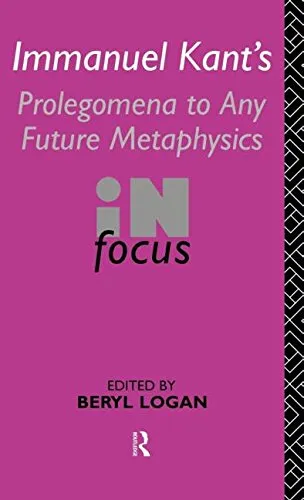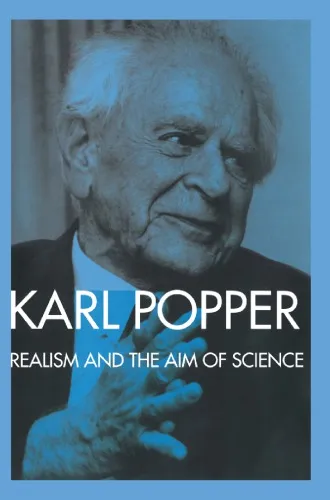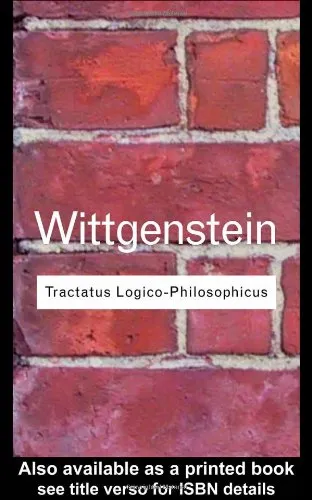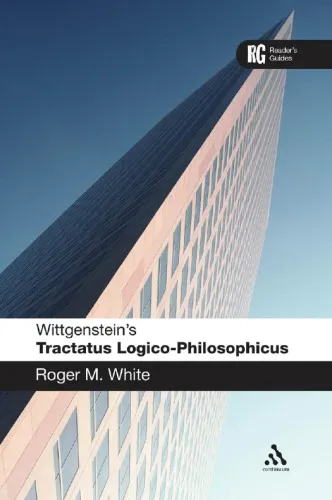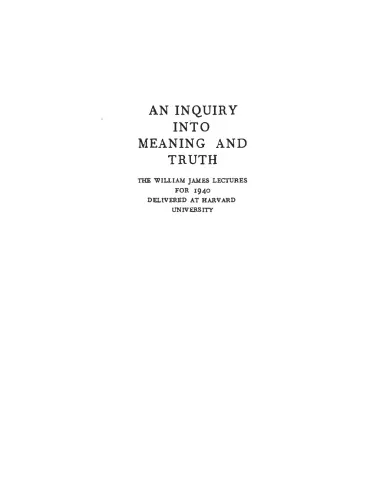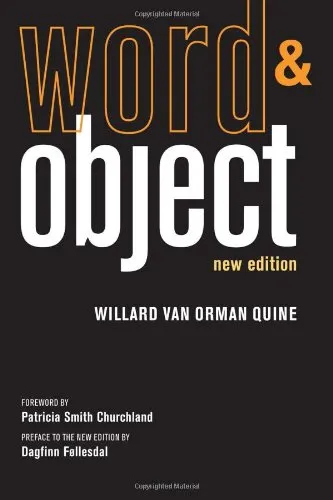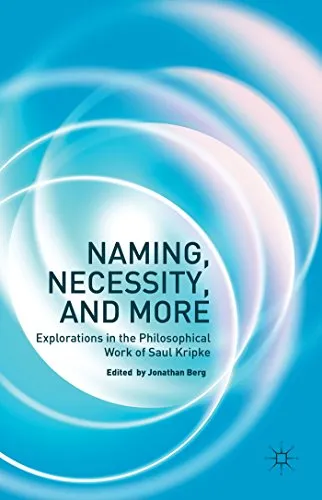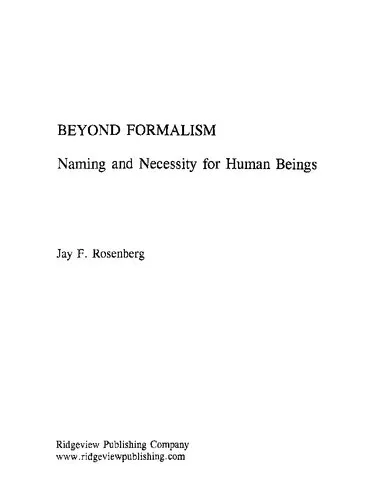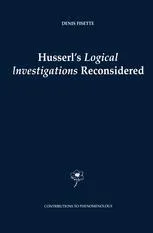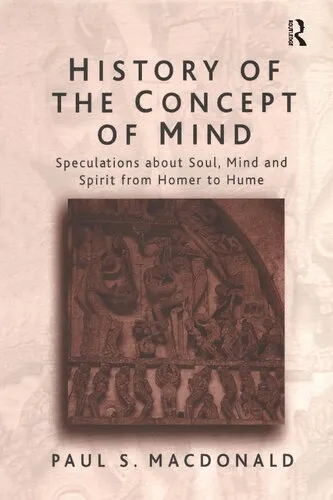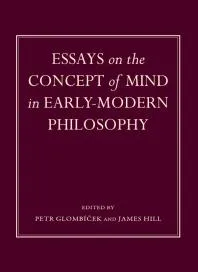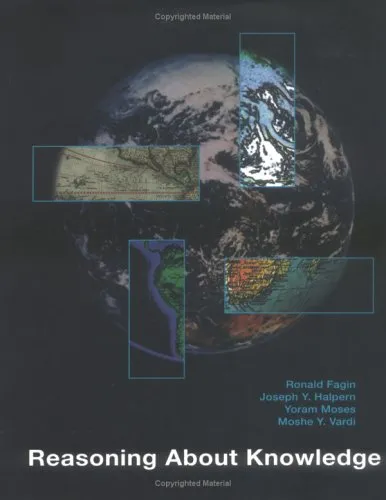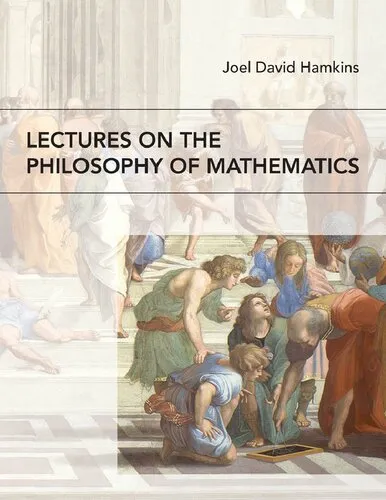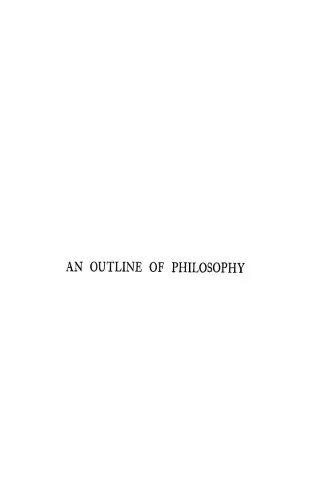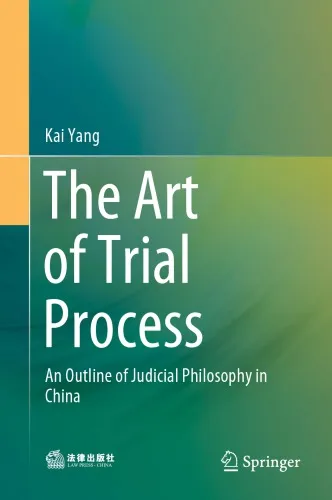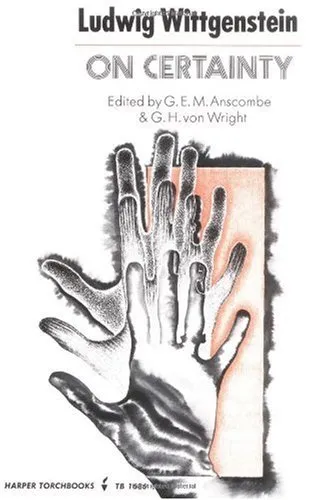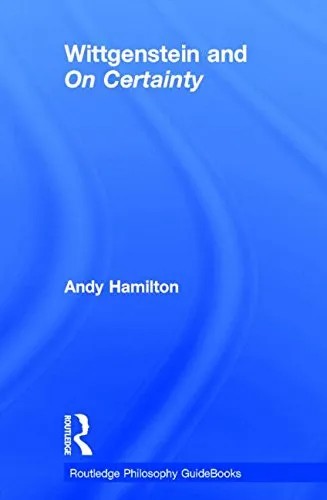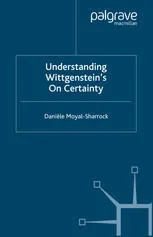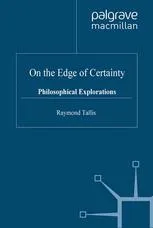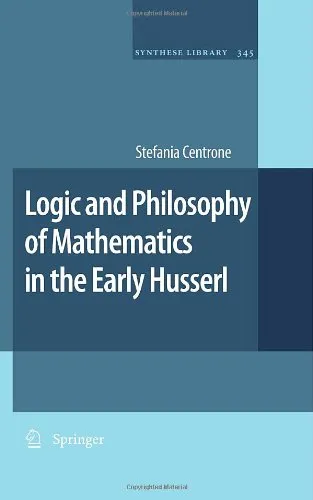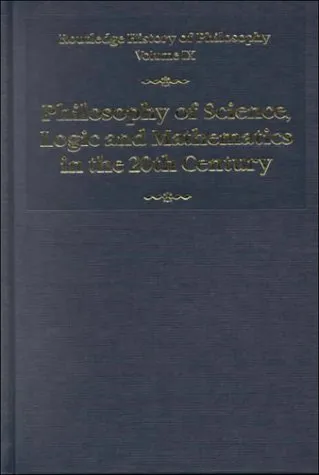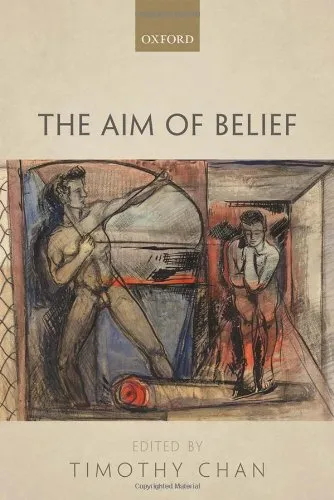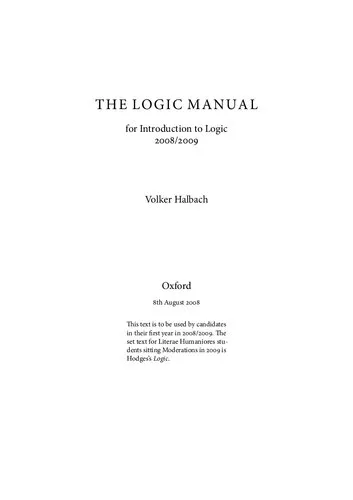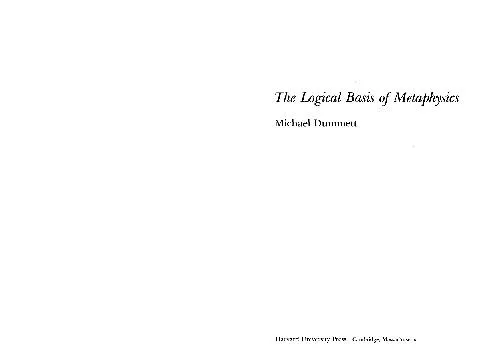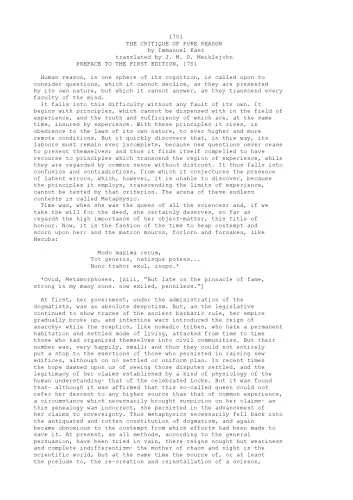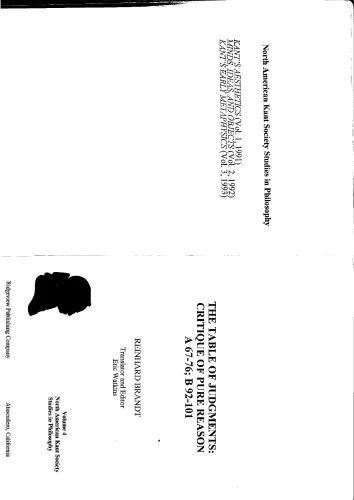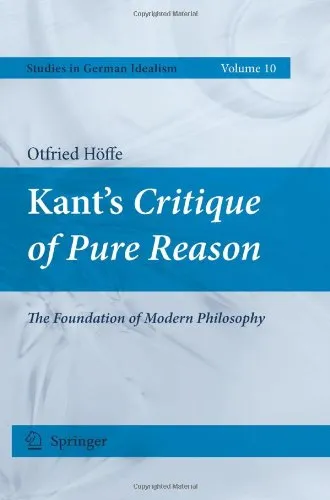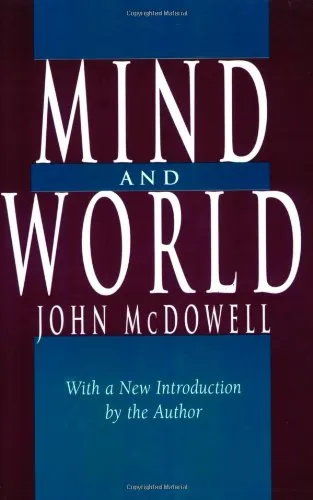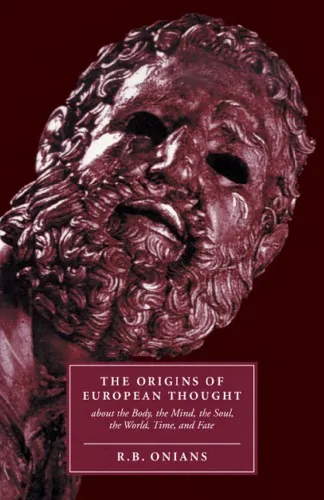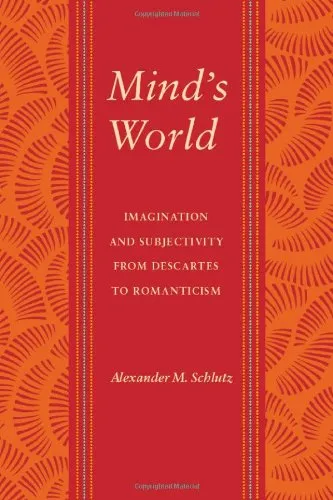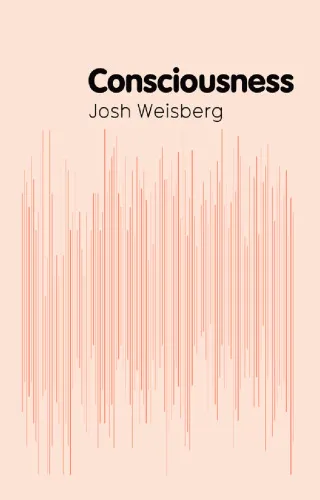Immanuel Kant’s Prolegomena to Any Future Metaphysics in Focus
3.5
Reviews from our users

You Can Ask your questions from this book's AI after Login
Each download or ask from book AI costs 2 points. To earn more free points, please visit the Points Guide Page and complete some valuable actions.Related Refrences:
Immanuel Kant's 'Prolegomena to Any Future Metaphysics' is a fundamental philosophical work that aims to provide an accessible introduction to Kant's critical philosophy. Edited by Beryl Logan, this edition puts a spotlight on Kant's approach to metaphysics and epistemology, offering a crucial understanding of the precepts that underpin modern philosophical thought. This introduction provides a comprehensive overview of the book’s themes, key takeaways, famous quotes, and its significance in philosophical discourse.
Summary of 'Immanuel Kant’s Prolegomena to Any Future Metaphysics'
Kant's 'Prolegomena to Any Future Metaphysics' is intended to clarify and expand upon the ideas presented in his more challenging 'Critique of Pure Reason.' Published initially in 1783, the 'Prolegomena' serves as a guide to Kant’s theory of knowledge and his critique of metaphysical assumptions. Throughout the work, Kant questions the nature of human experience and understanding, suggesting that our knowledge of the world is shaped by the way our minds perceive phenomena.
The book is divided into a series of inquiries aimed at answering the fundamental question: How is metaphysics possible as a science? By dissecting key concepts such as a priori and a posteriori knowledge, synthetic and analytic judgments, and the conditions for the possibility of experience, Kant provides a pathway to understanding the limits and capacities of human reason. His exploration of these topics not only confronts earlier metaphysical systems but also lays the groundwork for future metaphysical inquiries.
Key Takeaways
- The centrality of a priori knowledge: Kant argues that our understanding of the world relies on inherent structures of the mind, which he calls a priori conditions, rather than solely on sensory experience.
- Synthetic a priori judgments: Kant introduces the notion of synthetic a priori judgments, which are knowledge claims that are both informative and rooted in reason, challenging traditional views that such knowledge must be analytic.
- The limits of human understanding: Acknowledging that metaphysics cannot answer all questions, Kant sets boundaries for human knowledge and emphasizes the role those limits play in philosophical inquiry.
- Phenomena versus noumena: Kant differentiates between what can be experienced through the senses (phenomena) and what exists beyond physical experience (noumena), insisting that while we can know the former, the latter remains beyond our cognitive reach.
Famous Quotes from the Book
"All our knowledge begins with the senses, proceeds then to the understanding, and ends with reason. There is nothing higher than reason."
"Thoughts without content are empty, intuitions without concepts are blind."
"The light dove, cleaving the air in her free flight, and feeling its resistance, might imagine that flight would be easier still in empty space."
Why this Book Matters
Kant's 'Prolegomena' is an indispensable text in the history of philosophy for several reasons. Firstly, it serves as a crucial introduction to Kant's critical philosophy, expounding his thoughts on how humans perceive and understand the world. By addressing the limitations and capacities of human reason, Kant provides a new framework for exploring metaphysical questions.
Secondly, the book bridges the gap between rationalist and empiricist traditions, offering a new paradigm that reconciles the two by suggesting that while experience informs knowledge, the mind’s inherent structures shape all experience. This approach paved the way for a new era of philosophical inquiry, influencing subsequent thinkers and disciplines.
Lastly, Kant's work remains relevant today as it tackles enduring questions about the nature of reality and our ability to comprehend it. The 'Prolegomena' empowers readers to engage thoughtfully with these questions, fostering a deeper understanding of both Kantian philosophy and broader metaphysical concepts.
Free Direct Download
You Can Download this book after Login
Accessing books through legal platforms and public libraries not only supports the rights of authors and publishers but also contributes to the sustainability of reading culture. Before downloading, please take a moment to consider these options.
Find this book on other platforms:
WorldCat helps you find books in libraries worldwide.
See ratings, reviews, and discussions on Goodreads.
Find and buy rare or used books on AbeBooks.
1488
بازدید3.5
امتیاز0
نظر98%
رضایتReviews:
3.5
Based on 0 users review
Questions & Answers
Ask questions about this book or help others by answering
No questions yet. Be the first to ask!
